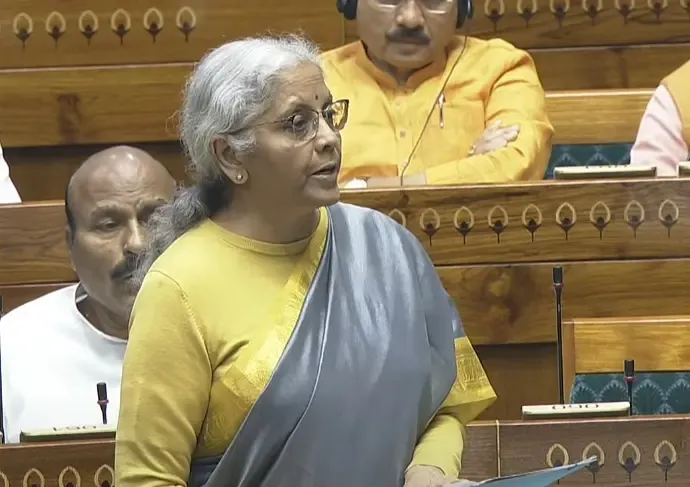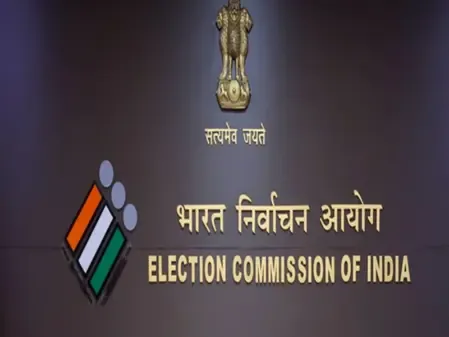Finance Minister Sitharaman Unveils Revised Income Tax Bill

Synopsis
Key Takeaways
- New Income Tax Bill aims to simplify tax laws.
- Legislation to replace the 1961 Income Tax Act.
- Expected implementation date: April 1, 2026.
- Bill to reduce legal disputes and encourage compliance.
- Proposes lower penalties for certain tax offences.
New Delhi, Feb 13 (NationPress) Finance Minister Nirmala Sitharaman presented the revised Income Tax Bill, 2025, in the Lok Sabha on Thursday, aimed at reforming the tax system to enhance clarity and minimize the potential for legal conflicts.
This new legislation is set to replace the Income Tax Act of 1961, which has become increasingly complex due to numerous amendments over the past sixty years.
Prior to its final endorsement in Parliament, the Bill will be reviewed by the Select Committee. The anticipated implementation date for the new law is April 1, 2026.
The initial segment of the Budget Session concluded on Thursday, with the second segment scheduled to recommence on March 10. This Budget Session is divided into two parts: from January 31 to February 13, and from March 10 to April 4.
The core aim of the new Income Tax Bill is to simplify tax regulations, promoting transparency and making them more accessible for taxpayers. By substituting intricate provisions with more straightforward ones, it seeks to diminish legal conflicts and promote voluntary compliance with tax obligations.
The legislation may propose reduced penalties for specific infractions, thereby enhancing taxpayer friendliness.
The Income Tax Bill has been condensed to 622 pages, incorporating 536 clauses, as opposed to the current 64-year-old law, which spans 823 pages with 819 sections. The proposed Bill intends to clarify the language, for instance, by changing 'assessment year' to 'tax year'. It will also remove various convoluted stipulations and explanations to facilitate comprehension and decrease potential legal disputes. Several outdated provisions will be eliminated as part of this simplification.
Importantly, the Bill will not alter the existing tax brackets or reassess the tax rebates offered. Instead, its focus is on making the six-decade-old legislation more user-friendly.
"This reform represents a crucial move towards modernizing the tax framework of India, enhancing clarity and efficiency. The Bill promises a more organized and accessible tax system, simplifying the process for citizens and businesses to meet their obligations while building trust in the system," stated Rohinton Sidhwa, Partner at Deloitte India.










